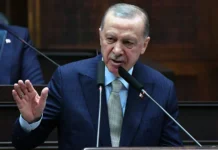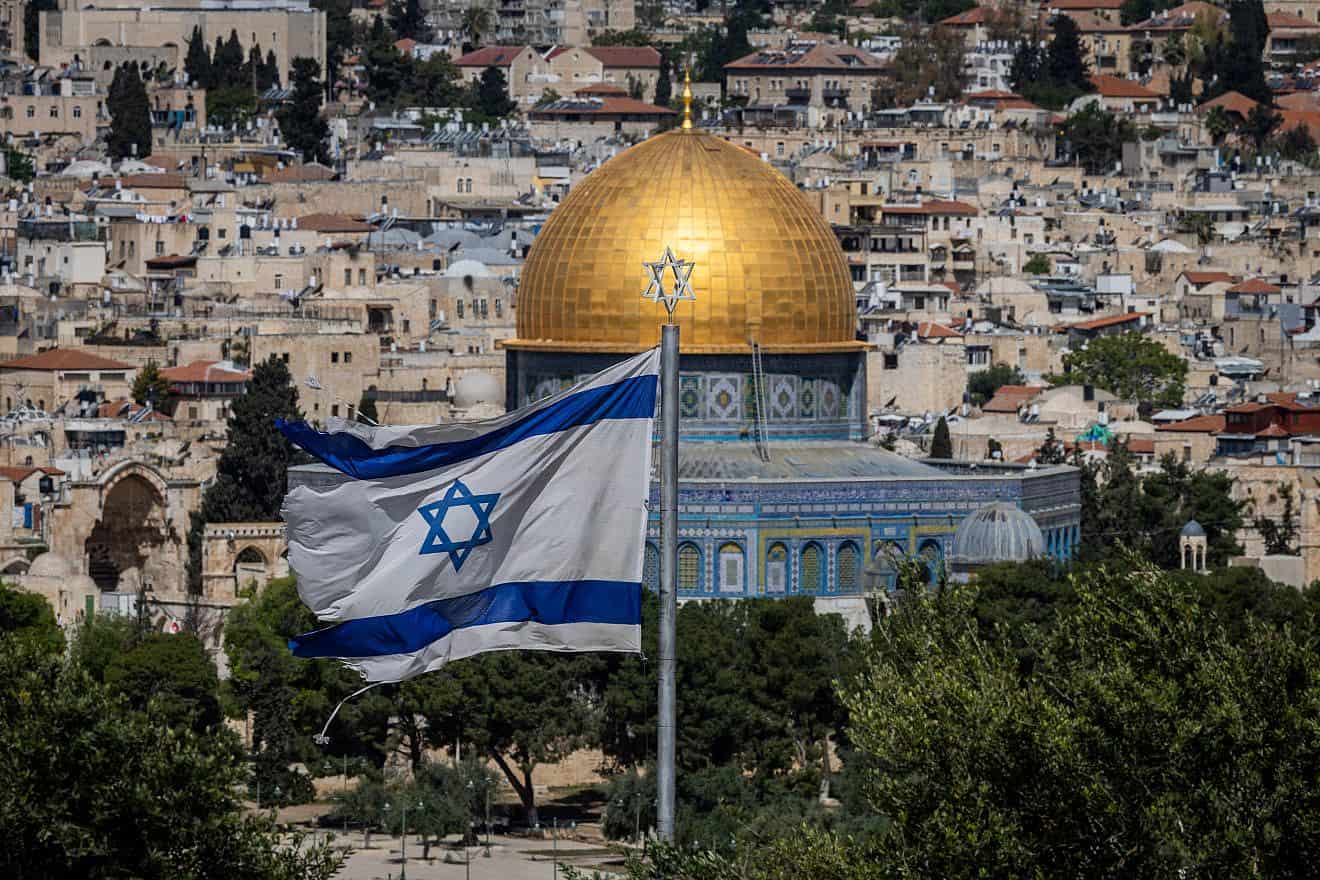During 2023, 50,098 Jews visited the Temple Mount in Jerusalem, down from 51,483 in 2022, according to data compiled by Beyadenu, an Israeli NGO dedicated to strengthening the Jewish connection to the holy site.
Some 16,000 people ascended in the first four months of 5784, the Hebrew year that started on the evening of Sept. 15, the numbers showed.
Despite Hamas’s attempts to incite violence at Judaism’s holiest site as part of its Oct. 7 terrorist attacks on Israel, 8,063 Jews ascended the Temple Mount in October, Beyadenu said.
While the Israeli government has vowed to maintain “free access to all religions” on the Mount, discrimination against Jewish visitors has skyrocketed since National Security Minister Itamar Ben-Gvir took office one year ago, Beyadenu CEO Tom Nisani charged on Sunday.
“Until today, when we looked back, I didn’t know the numbers were so crazy. But this is what the police look like under Minister Ben-Gvir, and I will not hide reality. It’s unfortunate but it’s an undeniable fact,” Nisani wrote in a post on X (formerly Twitter).
Three hundred seventeen Jewish visitors to the site were arrested or detained by the police this past year, up from 141 in 2022. Meanwhile, 85 Temple Mount visitors were banned by police order, a 63.5% increase.
Under a status quo arrangement reached with Jordan in the wake of the Six-Day War of June 1967, Jews may visit the Temple Mount but not pray there.
However, Israel’s Chief Rabbinate opposes visits to the Mount by Jews due to the concern that they may inadvertently set foot in an area that, according to Jewish law, is forbidden to enter unless one is ritually pure.
On the other hand, prominent Religious Zionist rabbis have permitted—and even encouraged—Jews to visit the holy site. They argue that measurements taken after 1967 have determined the boundaries of the area Jews may enter following immersion in a ritual bath.
According to a 2022 survey, most ultra-Orthodox Jews, nearly 87%, oppose Jewish prayer on the Temple Mount.
Conversely, more than half of Jews who identify as either national religious or traditional religious support prayer on the Mount, as do nearly half of all “traditional non-religious,” who said Jewish prayer bolsters Israel’s sovereignty at the site.
Conversely, more than half of Jews who identify as either national religious or traditional religious support prayer on the Mount, as do nearly half of all “traditional non-religious,” who said Jewish prayer bolsters Israel’s sovereignty at the site.


























